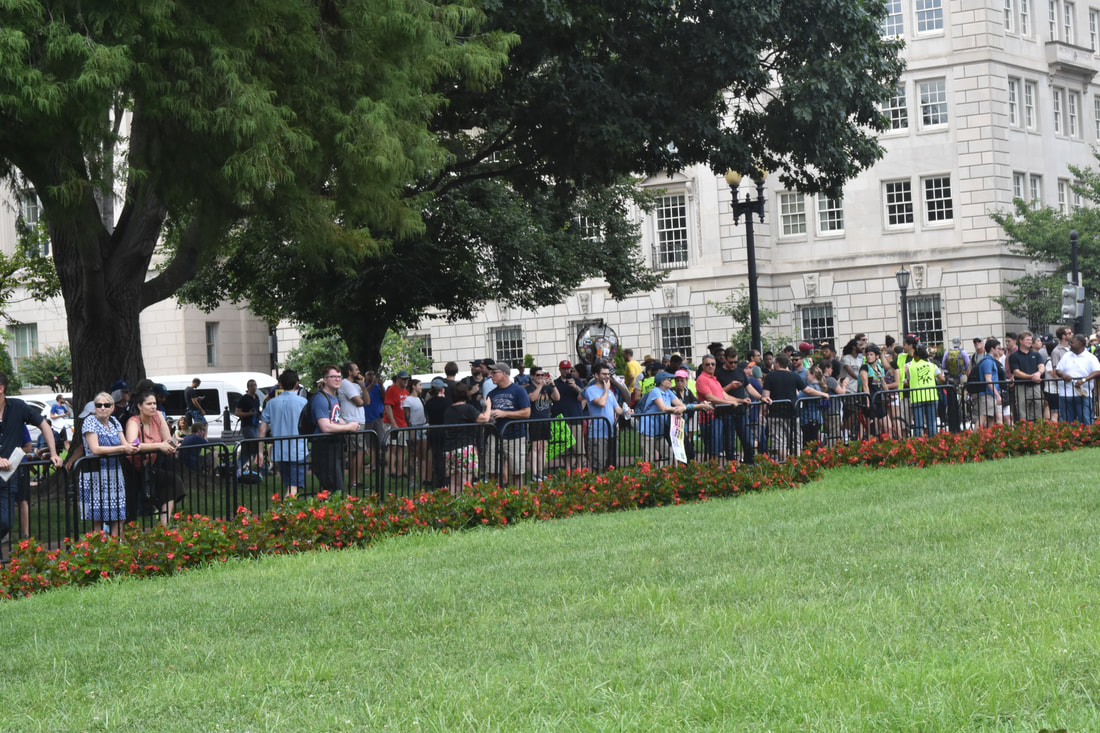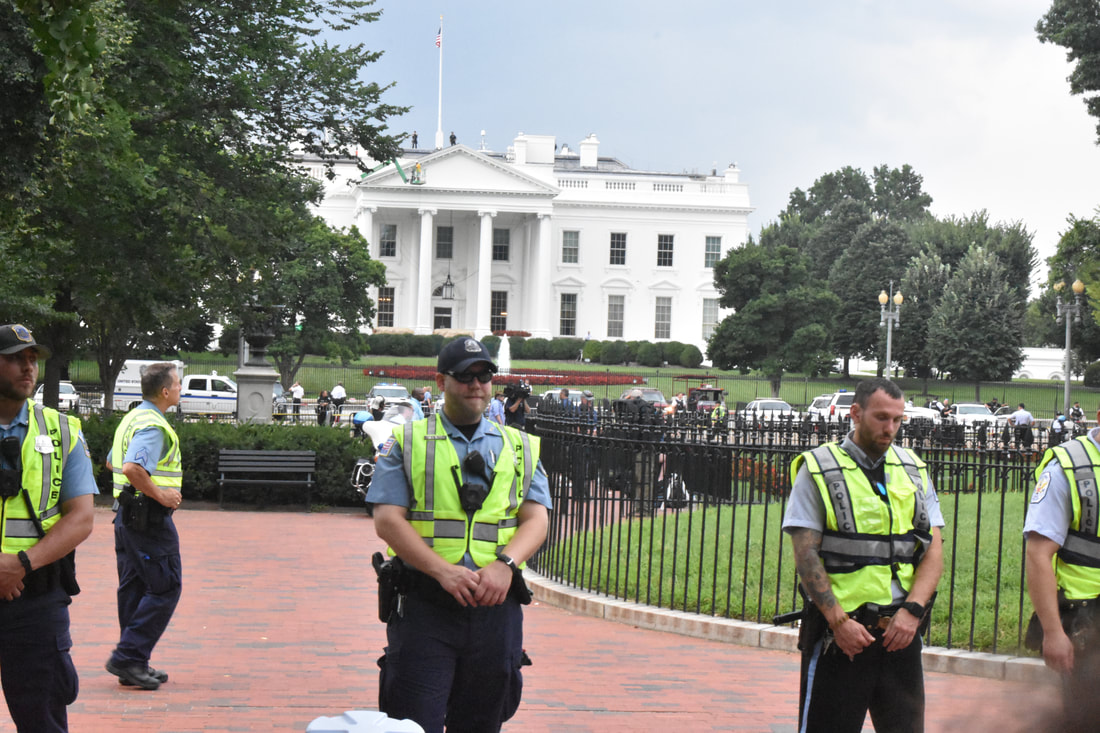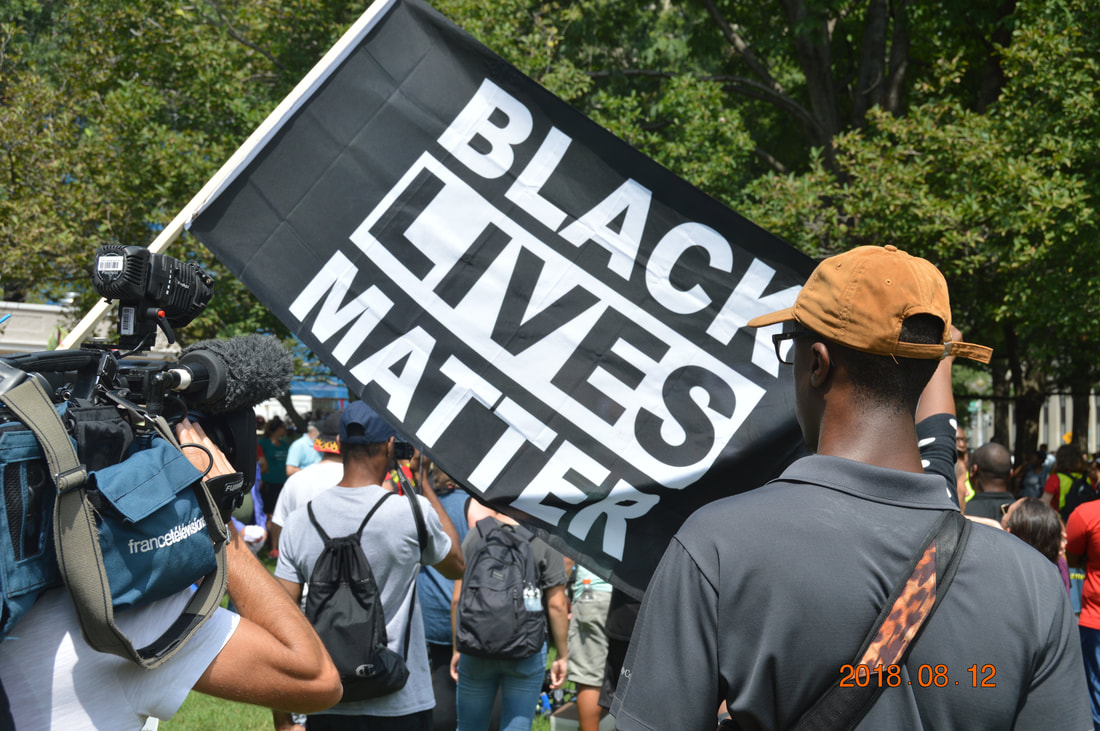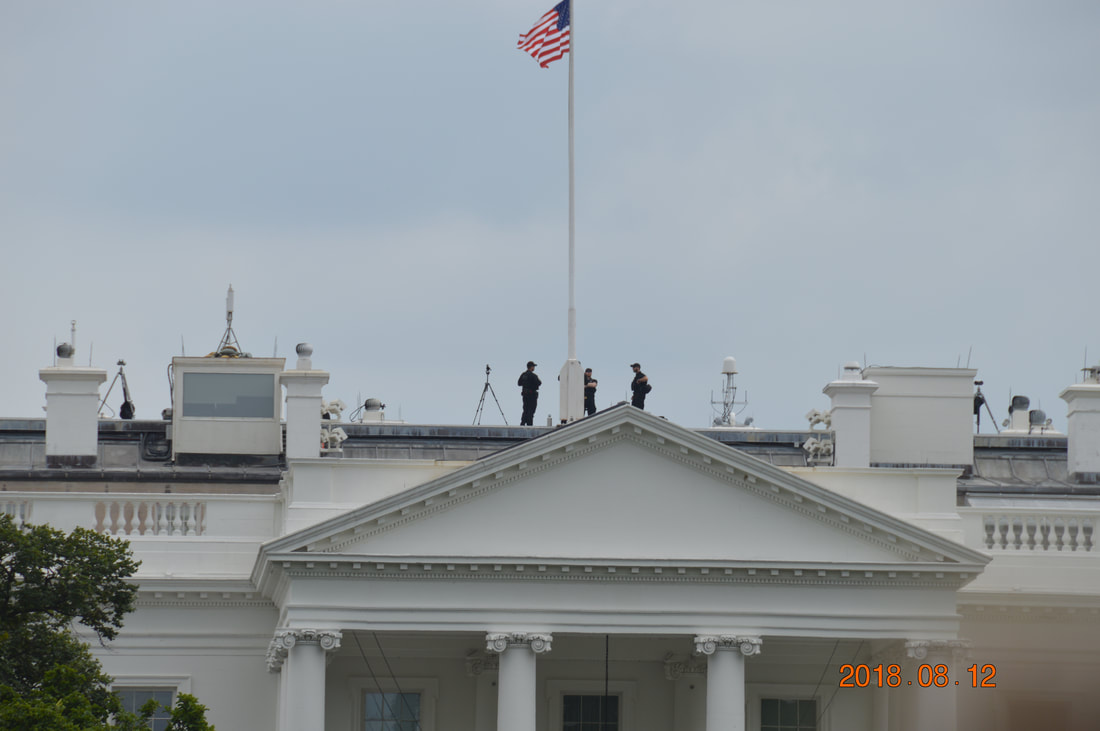 Senator Mitch McConnell
Senator Mitch McConnell Despite the importance of being able to anticipate future events that most pundits assign to political success, few Republican leaders demonstrate their predictive capacity. Mitch McConnell is recognized for his political acumen. He foresaw the long term benefit of being able to stymie Obama and much of the Democratic agenda, including refusing to bring Obama’s nominee for the Supreme Court, Merritt Garland, up for a vote. Also, Trump and the Republicans passed significant tax legislation. The tax law, however, was so slanted in favor of corporations and the wealthy, it has not proven very popular with either Democrats or Republicans. These victories, did not show political anticipation. Instead, they demonstrated an apparatchik’s ability to twist rules for his party’s advantage.








